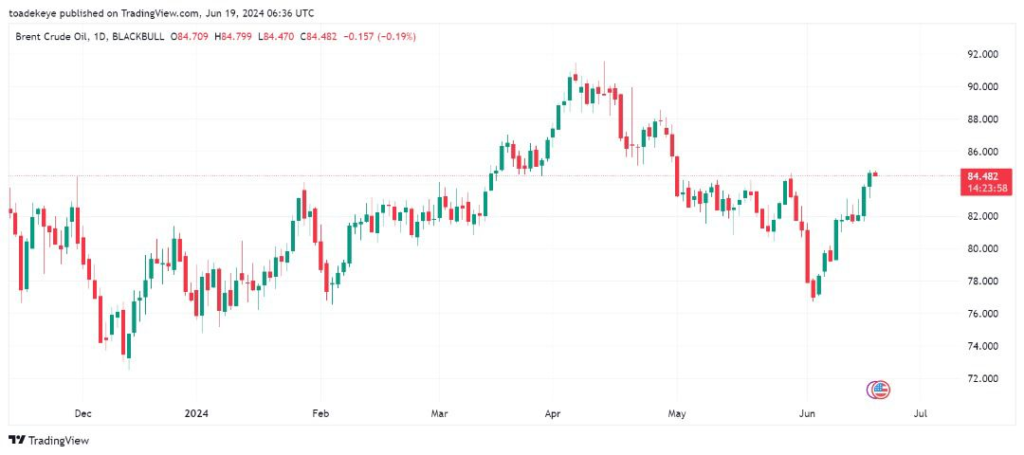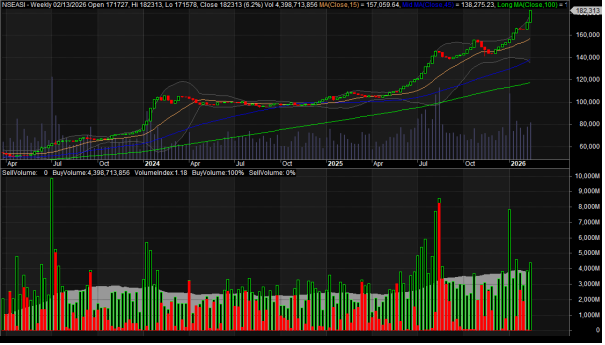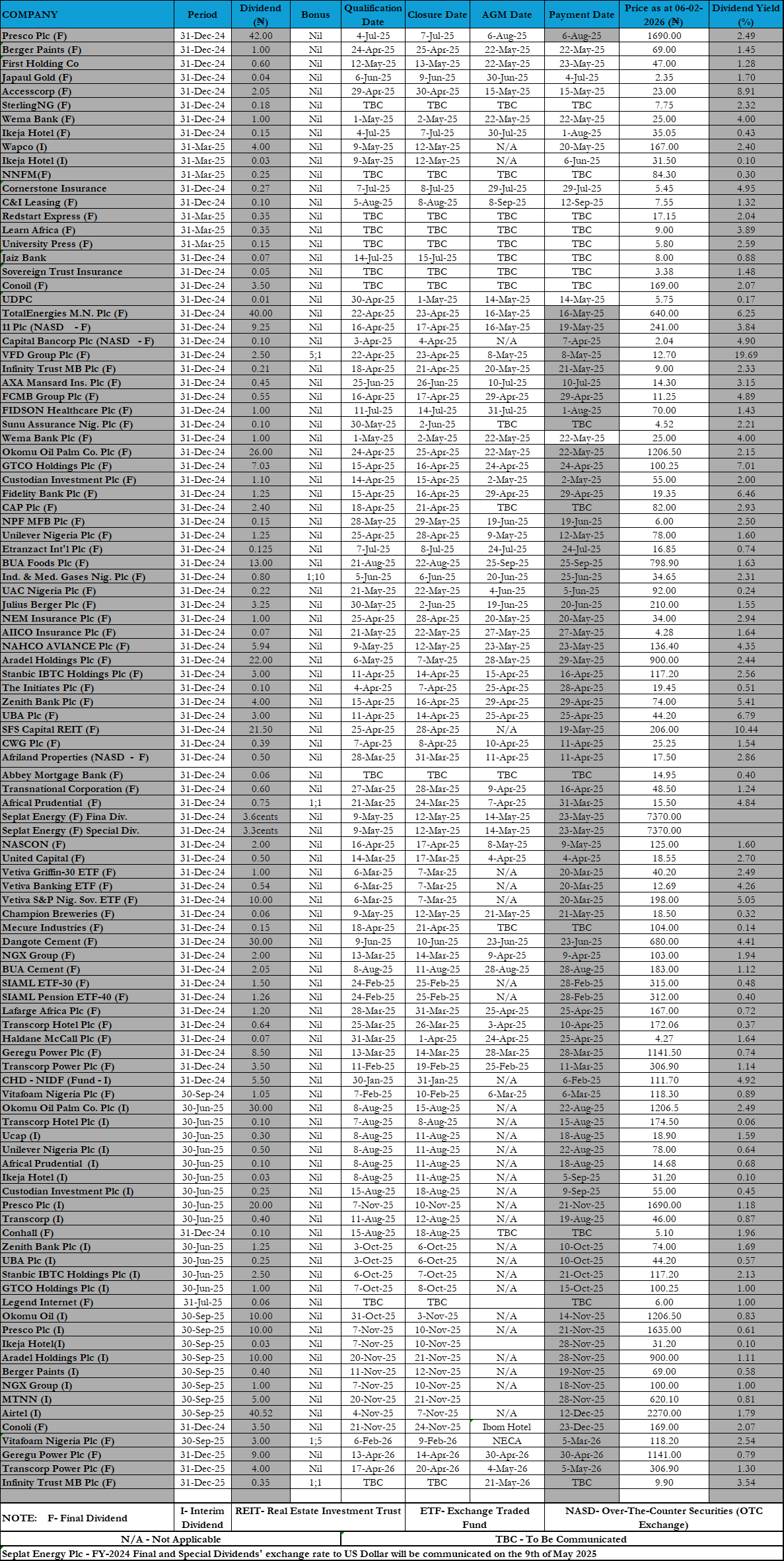
Taiwo Adekeye, FMVA
Research Analyst
Oil closed higher than 1% on as a result of escalating geopolitical risk in Europe and the Middle East, where wars continue to threaten global supply. Prices surged after a Ukrainian drone strike caused a large fire in a fuel tank at an oil terminal in Russia’s southern port of Azov, posing a threat to physical global supply, as well as boosting the risk premium priced into crude futures. Brent crude futures settled up by 1.3% closing at $85.33 per barrel while U.S. West Texas Intermediate crude futures ended rose by 1.5% closing at $81.57 a barrel.
India’s Robust Tax Revenue Surge Signals Economic Growth Momentum
The Indian government witnessed a substantial 21% year-on-year increase in net direct tax collection, amounting to 4.63 trillion rupees ($55.52 billion) from April 1 to June 17. On a gross basis, tax collection before refunds grew more than 22% year-on-year, reaching 5.16 trillion rupees. Tax refunds issued totaled 533 billion rupees in the current fiscal year starting April 1, 2024, up to June 17. India operates on a fiscal year from April to March. Economic growth for the country is expected to be 7.2% in the current fiscal year, stronger than previously anticipated, with the central bank opting for just a one-quarter-point rate cut during this period. Additionally, a ratings agency has raised its world growth forecast for 2024 to 2.6% from 2.4%, reflecting increased confidence in European recovery prospects.
South African Assets Rally as New Government Forms Peacefully
South African assets surged on Tuesday, building on momentum after unity government members were confirmed last week as the establishment of a new government has proceeded peacefully and successfully. The rand traded at 18.09 against the dollar , about 9% stronger than its previous close. On the Johannesburg Stock Exchange, the blue-chip Top-40 (.JTOPI) index was 3.3% higher, while the broader all-share (.JALSH) index closed up 3.5%. South African shares were propped up by the banking sector (.JBANK), opens new tab, which was up 7.34%. South Africa’s benchmark 2030 government bond was also stronger, with the yield down 26 basis points to 9.865%.
Inflation hits 33.95% in Nigeria
Nigeria’s annual inflation rose to a new 28-year high of 33.95% in May, worsening hardships that have fuelled public anger against the current government’s economic reforms. Inflation in the West African country has rise for 18 consecutive months, up from 33.69% a month earlier. However, month-on-month headline inflation rate in May 2024 was 2.14%, revealing a marginal decrease from April’s 2.29%. This suggests a slower rate of price increase compared to the previous month. Inflation has been buoyed by slashes in petrol and electricity subsidies and devaluing the naira currency twice within a year.













